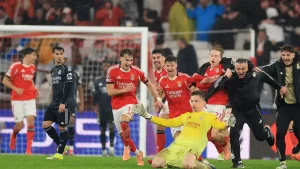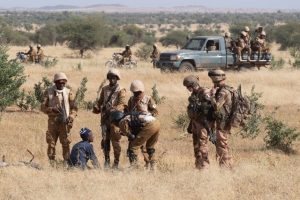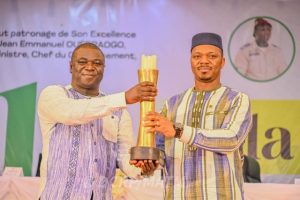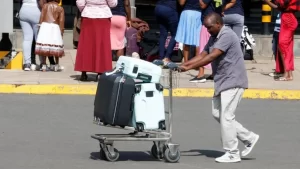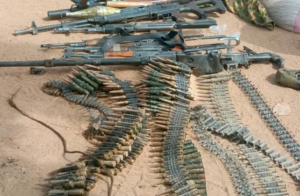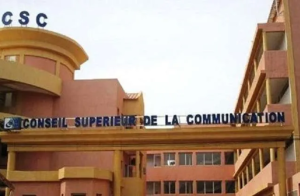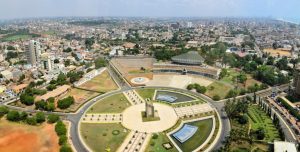Senegal: Police crack down on journalists during demonstrations against the postponement of the presidential election
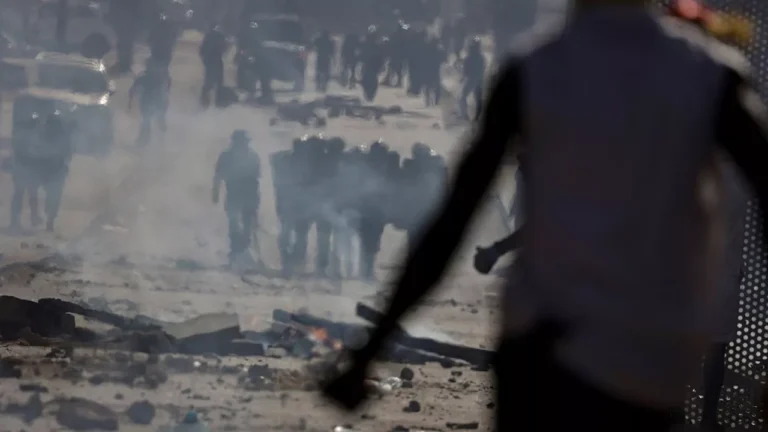
In other parts of the world, during demonstrations, the police are often seen as guardians of the fourth estate, protecting journalists who provide crucial access to on-the-ground information.
However, in Senegal, journalists and protesters seem to be treated similarly during recent opposition-led protests denouncing the postponement of the presidential election.
The physical violence against journalists in these demonstrations has reached an alarming level, leading to numerous journalists being hospitalized.
This critical situation has landed Senegal on the blacklist of Reporters Without Borders (RSF), an international organization defending journalists’ rights and denouncing infringements on the profession.
How can the police, meant to ensure the protection of citizens, violently suppress journalists carrying out their duties during these protests?
The question arises: has the Senegalese police lost all sense of human rights and freedom of information?
In a statement on Friday, February 9, 2024, RSF denounced this unprecedented violent repression against journalists in Senegal.
The brutal crackdown, orchestrated by a police force loyal to Macky Sall and deployed nationwide, suggests a regime of terror.
It appears that Macky Sall missed the opportunity to establish political alternation and make history by repressing protests to stay in power.
This repression-induced coup tarnishes the reputation of the outgoing president and his defense and law enforcement forces.
In the face of such violence, the Convention of Young Reporters of Senegal (CJRS) warns about the gravity of the situation and emphasizes that such infringements on journalists’ freedoms cannot go unpunished.
Media professionals have documented the attacks, with photos and videos to be transmitted to international press organizations, the European Union, and the United States.
In this context, the CJRS calls on authorities to show restraint and appeals to national and international public opinion regarding the unprecedented abuses suffered by media professionals in Senegal.






